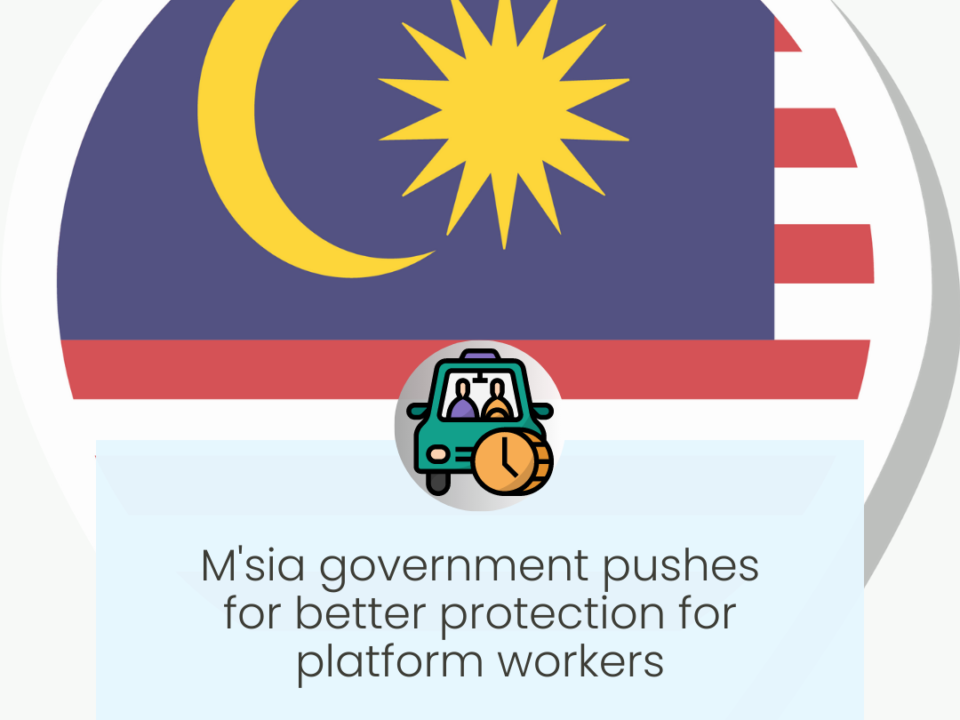
Inpatient vs Outpatient – Which Should Employers Use
December 28, 2022
Five considerations when renewing employee benefits insurance
January 9, 2023How to Engage Remote Employees – 5 Strategies Backed by Science
Engage
How to Engage Remote Employees - 5 Strategies Backed by Science
December 28, 2022

Working remotely has become the new normal for many employees, but it doesn't come without its challenges.
According to a behavioural study done by Emotive Technologies, employees who reported that they primarily work remotely expressed feeling nearly two times or 182% less engaged than workers who reported that they primarily work in person. There are a number of possible explanations for this disconnect.
For one, working from home can be isolating and make employees feel disconnected from their team. Additionally, without the structure of an office environment, employees may have difficulty staying focused and motivated. Finally, remote workers may not have access to the same resources as their colleagues in the office, which can lead to feelings of frustration or inadequacy.
These remote working nuances make managing remote employees challenging. How are you supposed to keep people you can't see engaged? This is the biggest challenge that companies are still figuring out.
Luckily, there is plenty of research done to guide companies on the best strategies to undertake. We have read through dozens of research and filtered the 5 most practical and easy to execute strategies.

5 employee engagement strategies backed by science
1. Establish a sense of community
Working remotely can be a great opportunity to establish a sense of community. By engaging your remote team in regular social activities, you can help create bonds that extend beyond the workday. Whether it's scheduling a virtual coffee break or hosting a monthly happy hour, taking the time to socialise with your team can go a long way toward creating a sense of cohesion. Of course, working remotely also comes with its challenges, such as managing time zones and maintaining work-life balance. But with a little effort, you can create a strong sense of community among your remote team.
According to the Harvard Business School, social activities positively impacts the employees such that they:
- Engage with customers more effectively
- Perform tasks more efficiently
- Have better wellbeing
- Set clearer expectations
Therefore, create opportunities for remote employees to connect with each other.
2. Celebrate accomplishments
It's essential to celebrate accomplishments, both big and small, to show your remote team that their efforts are valued. This will not only make them feel appreciated, but it will also motivate them to continue putting in their best work. There are many ways to celebrate accomplishments, such as sending a group message congratulating the team on a job well done, sending personalised messages to each team member, or even setting up a remote happy hour to celebrate together. No matter how you choose to celebrate, make sure that your remote employees feel appreciated and valued for their hard work.
A study shows that 66% of employees will "likely leave their job if they didn't feel appreciated."
If you're looking to increase employee engagement for your remote team, opt for an employee reward and recognition program. Here are some benefits that businesses receive from employee recognition programs:
- Drive employee engagement
- Boost team performance
- Build trust in your team
- Leverage the benefits of employee advocacy
3. Encourage work-life balance
Video calls and virtual teams are the new norm in today's workplace. And while there are many benefits to this way of working, it can also be challenging to maintain a healthy work-life balance. Here are a few tips that can help you encourage work-life balance in your remote workforce:
- Set boundaries between work and home. When you're on video calls, make sure you're in a quiet place where you won't be interrupted. And when you're done with work for the day, take some time to unwind before jumping into family or personal activities.
- Respect other people's time zones. If possible, avoid scheduling video calls early in the morning or late at night. And be mindful of deadlines that fall outside of normal working hours.
- Take breaks during the day. Get up and stretch, take a walk around the block, or just step away from your computer for a few minutes. This will help you stay refreshed and focused when you're working.
- Schedule time for yourself. Whether it's taking a yoga class, going for a run, or just reading a book, make sure you're carving out some time each day to do something that's just for you. This will help you recharge and come back to work feeling refreshed and ready to go.
When you have corporate programs that support work-life balance, you're promoting productivity, reducing turnover, improving employees' mental and physical health, and boosting your organisation's diversity, according to Alexandra Kalev and Frank Dobbin, Professor of Sociology.
4. Promote transparency and communication
At its best, company culture is the sum of all the values, systems, traditions, and habits that make up an organisation. It’s what makes a company unique and can be a powerful tool for attracting and retaining talent. But company culture is also something that needs to be nurtured and maintained. Part of that effort is promoting transparency and effective communication throughout the organisation.
.One way to promote transparency is by ensuring that company information is readily available to employees. This may include company policies, financial reports, customer feedback, etc. Employees should feel like they have access to the information they need in order to do their jobs effectively.
Communication should also be clear and concise. Team meetings are a great opportunity for sharing information and getting everyone on the same page. But it’s also important to encourage informal conversations and provide opportunities for open dialogue. Creating a safe space for honest feedback will help build trust and foster a more positive company culture.
5. Reward productivity and outcomes, not hours worked
A Fast Company article wrote that, "One of the biggest misconceptions is that time spent at your desk is equivalent to success and that people are less effective when they’re not working in the office."
It’s important to recognize that the traditional office hours don’t apply when it comes to remote teams. Different people work well at different times of day, so instead of tracking hours worked, focus on rewarding productivity and outcomes.
For example, you could set measurable goals for your employees and reward them when they achieve those goals. This will help your team stay motivated and maintain a good work-life balance.

Improve your employee wellbeing with Mednefits
Keeping your remote engaged doesn't have to be complicated. By following these five tips, you're well on your way to establishing a happy and productive workforce.
And of course, Mednefits is always here to help improve employee wellbeing in the most effective way possible. From our flexible benefits package to our digital health platform, we've got you covered. Chat with our Benefits Specialist today to find out the wellbeing services that best suit your needs and budget.
Related Articles
About Mednefits:
Mednefits helps businesses take care of their employees with its automated, affordable, and accessible employee benefits platform.
Request to join Mednefits for free to help process and track claims in real-time, while controlling costs.






